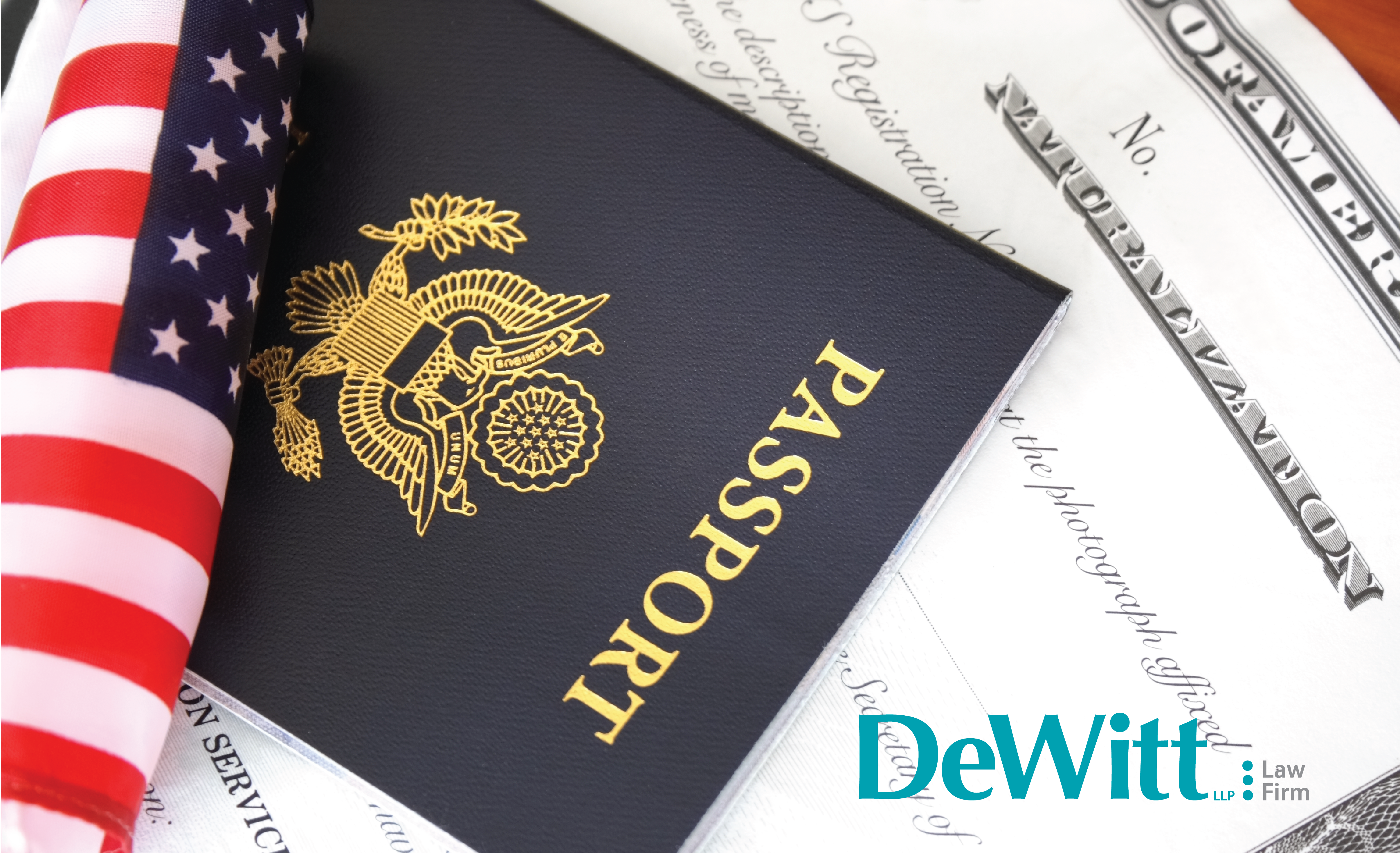
News
-
DeWitt LLP is proud to announce that three of our attorneys have been named 2025 Wisconsin Law Journal Legal All-Stars—an honor reserved for outstanding legal professionals who demonstrate exceptional skill, leadership, and service to the profession. Read More About DeWitt Attorneys Honored as 2025 Wisconsin Law Journal Legal All-Stars
-
 Big congrats are in order! We are excited to share that eleven DeWitt attorneys in Wisconsin have just been named to the 2025 Super Lawyers and Wisconsin Rising Stars lists. This is a tremendous honor and a well-deserved spotlight on the talent, dedication, and results our team brings to clients every day. Read More About DeWitt Celebrates Eleven Attorneys Selected as 2025 Wisconsin Super Lawyers and Rising Stars
Big congrats are in order! We are excited to share that eleven DeWitt attorneys in Wisconsin have just been named to the 2025 Super Lawyers and Wisconsin Rising Stars lists. This is a tremendous honor and a well-deserved spotlight on the talent, dedication, and results our team brings to clients every day. Read More About DeWitt Celebrates Eleven Attorneys Selected as 2025 Wisconsin Super Lawyers and Rising Stars -

Six DeWitt Attorneys Recognized as 2025 IP Stars
Nov 3, 2025Today, DeWitt LLP law firm announced six of its attorneys have been included in the final rankings for the 2025 edition of IP STARS, the leading specialist guide for companies or individuals looking for experienced legal practitioners to deal with contentious and non-contentious intellectual property issues. The attorneys who have been recognized include Karen LeCuyer and Charles Sara from DeWitt’s Madison office, David Biek and Brian Pollack from its Minneapolis office, and Joe Miotke and Elizabeth Neal from the law firm’s Brookfield/Milwaukee office. Read More About Six DeWitt Attorneys Recognized as 2025 IP Stars -
DeWitt LLP is proud to announce that two of our attorneys—Henry Handzel, Jr., and Ronald Ragatz—have been named to the Wisconsin Law Journal’s Powerlist: Environmental Law Attorneys 2025. Read More About DeWitt Attorneys Named to Wisconsin Law Journal Powerlist: Environmental Law 2025
-
 Becoming a U.S. citizen through naturalization is a significant milestone for immigrants who wish to fully engage in American civic life. Naturalization is more than a legal process – it is a commitment to the values and responsibilities of U.S. citizenship. Read More About Changes in the U.S. Naturalization Process for Permanent Residents Applying for U.S. Citizenship
Becoming a U.S. citizen through naturalization is a significant milestone for immigrants who wish to fully engage in American civic life. Naturalization is more than a legal process – it is a commitment to the values and responsibilities of U.S. citizenship. Read More About Changes in the U.S. Naturalization Process for Permanent Residents Applying for U.S. Citizenship






